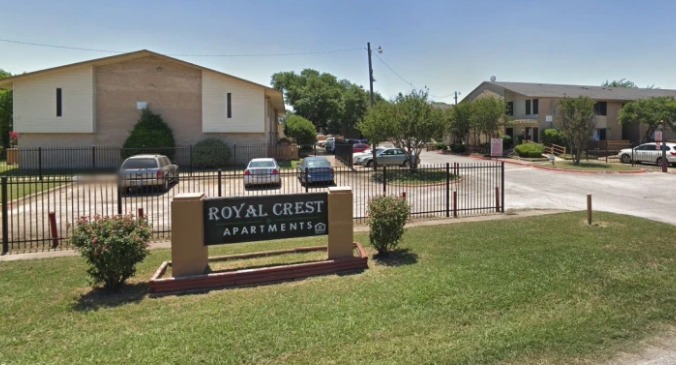But these are tough times. The unemployment rate, now 6.5 percent, will likely rise further as plunging retail sales lead to cutbacks in production and more layoffs. The economy is contracting now and is unlikely to resume expanding before summer 2009 — if then.
One might think that President-elect Obama would be devising a plan to help Marisa and all 10 million unemployed find new jobs, as well as millions more who want to change jobs.
But, unfortunately for Marisa, Obama has plans to make hiring workers more costly. His campaign’s “family-friendly” workplace agenda exceeds any that America has ever seen. These plans, if enacted by Congress, may deliver benefits to Americans whose employers are doing well and who are fortunate enough to have a job, but will make it devastatingly more difficult for Marisa and other job-seekers, particularly those with low skills, to find work.
Take, for instance, Obama’s proposed expansion of the 1993 Family and Medical Leave Act. That law now entitles employees of firms with at least 50 workers to 12 weeks of unpaid leave a year for the birth or adoption of a child, to cover a worker’s sickness, or to care for close relatives with serious health conditions.
Obama wants to expand the FMLA to firms with 25 workers and apply it to more absences. His transition Web site, www.change.gov, cites “leave for workers who provide elder care” or who care for persons who have resided in the worker’s home for six months; “leave for parents to participate in children’s academic activities at school;” and “leave for employees to address domestic violence and sexual assault.”
And, Obama wants to give states incentives to require employers to pay for these absences, in addition to paying for any overtime or temporary help to perform the duties of absent workers.
Even if the economy were healthy, many small firms would view these regulations as a reason not to hire some new workers, and perhaps even to let some go. With the economy reeling, Marisa has even less chance of getting hired. She would be entitled to paid time off not just for her own sickness or pregnancy, but also to take her sick aunt to cancer treatments and to go to her son’s school play.
Perhaps Marisa has no aunt with cancer and no children, so would be unlikely to need the new FMLA provisions. There’s no way for the employer to know — because asking these questions is against the law.
Each job candidate thus becomes a potentially costly hire.
Beyond expanding FMLA, the president-elect wants to require larger employers to pay for seven sick days a year, which many already do.
That, too, would raise costs and discourage hiring.
Obama also would require employers who don’t offer health insurance or who don’t “make a meaningful contribution” to employee health-care costs (presumably by paying a significant share of insurance premiums) to pay into a new federal health-care fund — in essence, a new tax.
All of these expansive campaign promises sound noble and are no doubt accompanied by the best of intentions. But if enacted by Congress, especially in 2009, they would make it less likely that employers will hire.
The conclusion that higher costs of labor change employers’ hiring decisions has been documented by numerous economists, including Harvard economics professor Alberto Alesina. Alesina’s book, “The Future of Europe” shows how the economies of Europe and America diverged in the 1970s. Higher taxes and costs of labor stifled European employment, causing fewer opportunities, shorter work hours, higher unemployment, and lower productivity.
If the 44th president wants to encourage hiring, he might find ways to lower business costs and taxes and scale back and defer his campaign promises to workers. They would benefit more.
As unemployment climbs and stock markets continue to fall, will Obama leave Marisa jobless, or will he change course?
















